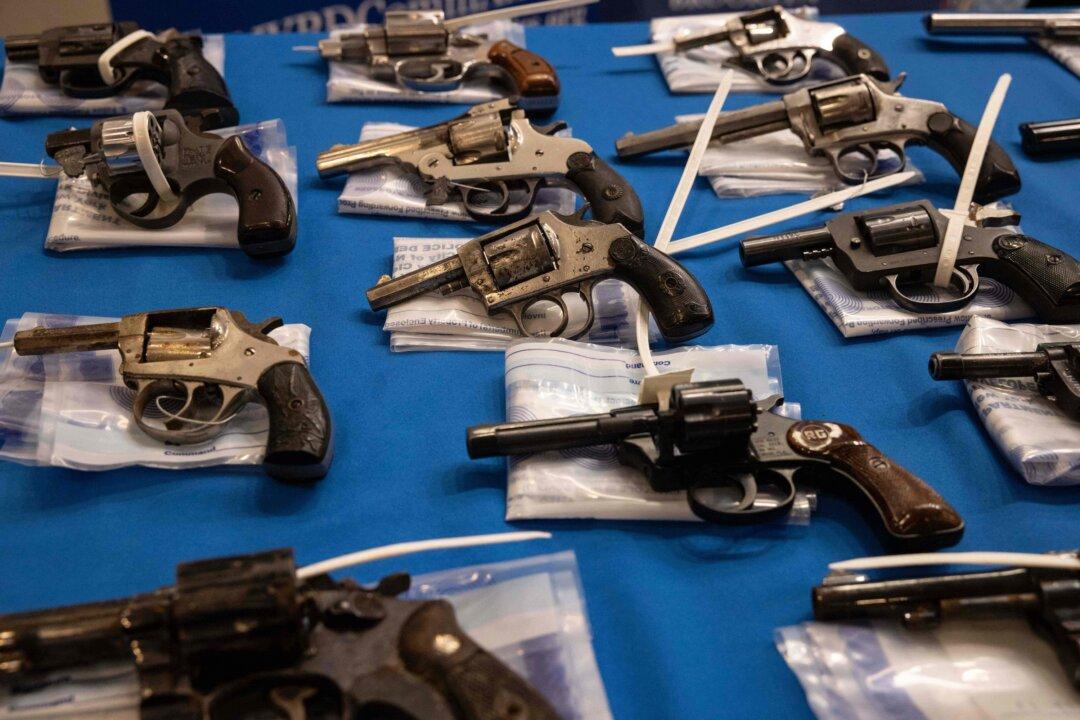A federal appeals court has dismissed a lawsuit challenging a New Jersey law that allows the state attorney general to sue firearms industry members as public nuisances over how they market their products.
On Thursday, a three-judge panel on the 3rd U.S. Circuit Court of Appeals announced their unanimous decision (pdf) to dismiss a lawsuit brought by the National Shootings Sports Foundation (NSSF), which sought to stop the New Jersey law that allowed the state to sue “bad actors” in the firearms industry. The three judges who reached the decision were Circuit Judge Thomas Hardiman, an appointee of President George W. Bush; Circuit Judge Stephanos Bibas, an appointee of President Donald Trump; and Circuit Judge Arianna Freeman, an appointee of President Joe Biden.





